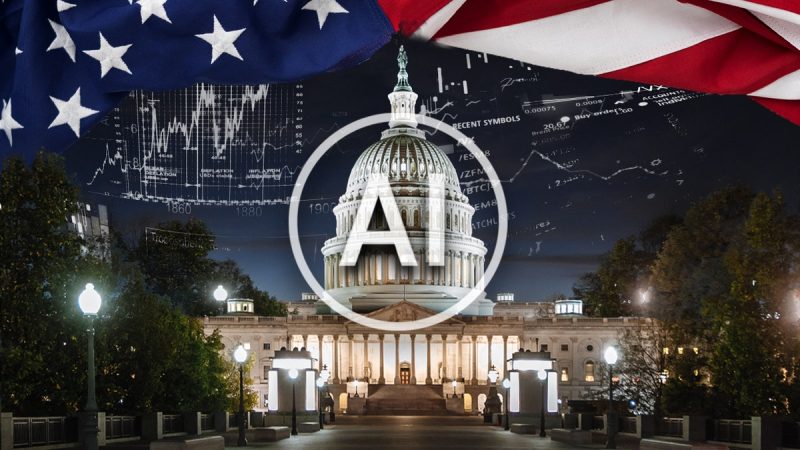As the world hurtles towards a future of greater automation, the effects of artificial intelligence are beginning to be felt in all areas of life. And, it seems, the effects will soon be felt in the US energy industry, as the Senate is being asked to grapple with the effects of AI on American energy.
Regulation talks are set to heat up in the coming months, as policymakers seek to find a balance between the benefits of a more digital industry and the potential associated risks. According to proponents of AI technology, automated systems have the potential to revolutionize the energy industry, allowing for more efficient energy production and potentially lower bills.
On the other hand, opponents of AI worry about the potential for increased cybersecurity risks, where hackers could potentially take control of the automated systems and disrupt the energy supply chain. Others raise a more philosophical argument, suggesting that the automation of the energy industry would lead to a loss of jobs and an erosion of human control.
The Senate will be tasked with finding the right balance. Regulators must find a way to mitigate the risks associated with AI, while allowing for a future of increased efficiency and cost savings to American consumers. It is a delicate task, and one that the Senate must take seriously lest the US be left behind in the global AI race.
In the coming months, the Senate will work together to try to2 establish an appropriate framework for regulating the US energy industry, taking into account the various perspectives outlined above. Of course, this is easier said than done, and the decisions made now are likely to define the future of the US energy industry for many years to come.











